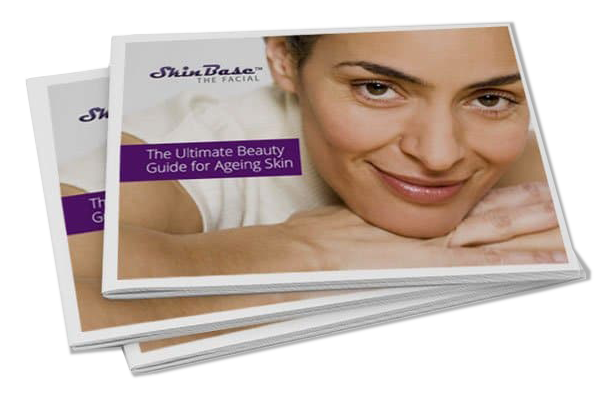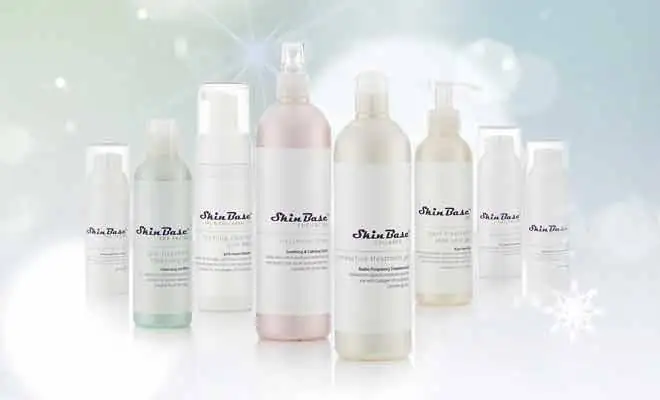If you are trying to keep your skin protected in the summer heat – but are dealing with dreaded ‘sunscreen pilling’ on your skin – you are not alone. It can be tempting to choose smooth skin over flaking SPF and lose the UV protection, but don’t. There are solutions to this irritating affliction. Skin pilling is a sign that your products are not absorbing– so you need to change your skincare routine and look at your products.
Download a FREE beauty guide
Discover our collection of free beauty guides.

What is Sunscreen pilling?
Sunscreen pilling is the process of topical skincare products flaking on the skin when applied. It is common with sunscreen as it is layered on top of other products. The gritty balls of product show your sunscreen has not been fully absorbed into the skin. The products do not penetrate the skin.
If your skin is not in great condition you could have clogged pores or a damaged skin barrier. This means it may not be ready to absorb product leaving you with an unprotected and flaky appearance. You will also waste precious products in the process.
What can you do?
First you need to identify the root cause of the problem. Are your products compatible? Think how oil and water behave when mixed. If you use an oil-based product with a water-based one they are likely to repel each other. Pilling can also happen when you don’t allow enough time for each different product to absorb. So, consider slowing down your skincare routine.
Exfoliation is key to stop the pilling. A build-up of dead skin cells won’t allow a smooth canvas to apply products to.
Microdermabrasion Boost
Rejuvenate your skin and get ready for maximum absorption with a Microdermabrasion exfoliation. Tiny crystals work their magic by unclogging pores and removing any dead cells from the skin for a smooth glow. Your skin will be ready to drink any products you want to apply – and you will be ready to say goodbye to skin pilling!
Check your routine. Always use toner after cleansing to make sure skin is fully clean, but check ingredients are not prone to clogging pores or incompatible. If you are still unsure, ask a SkinBase therapist for advice.

